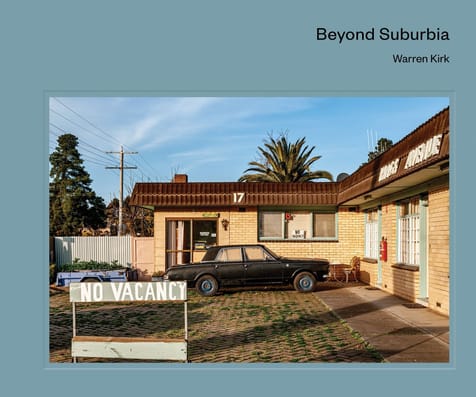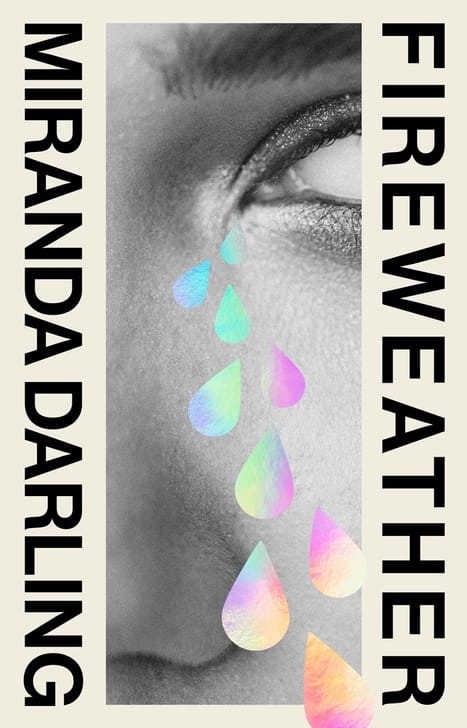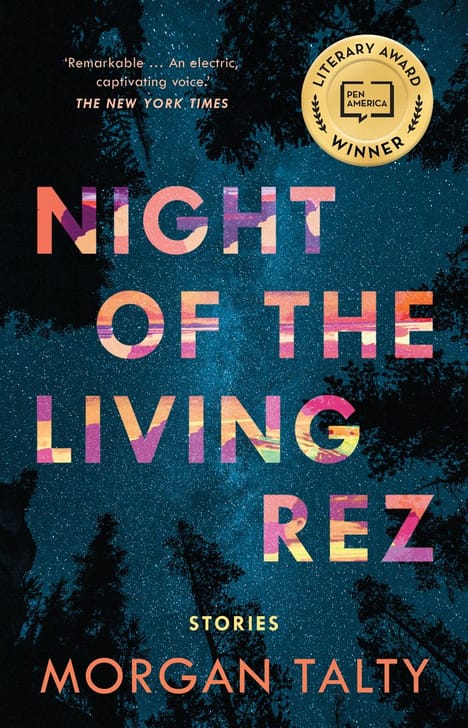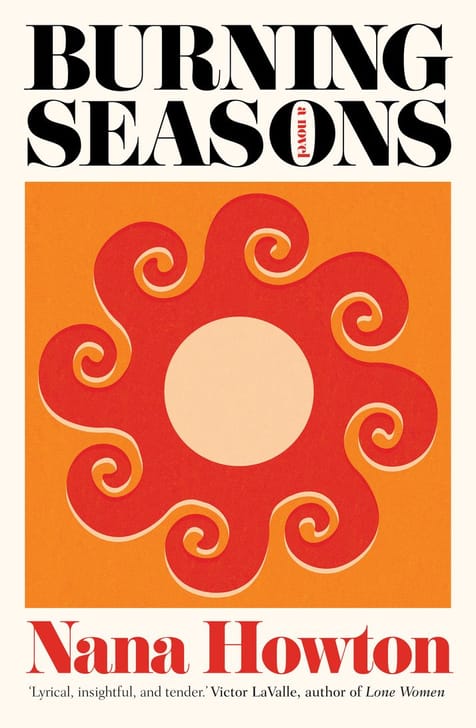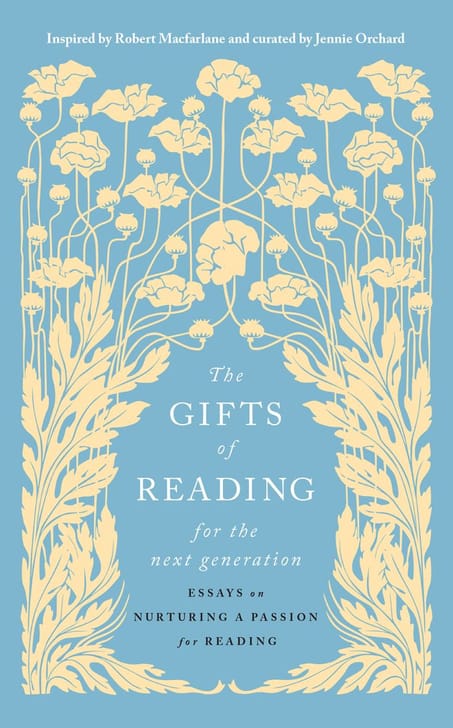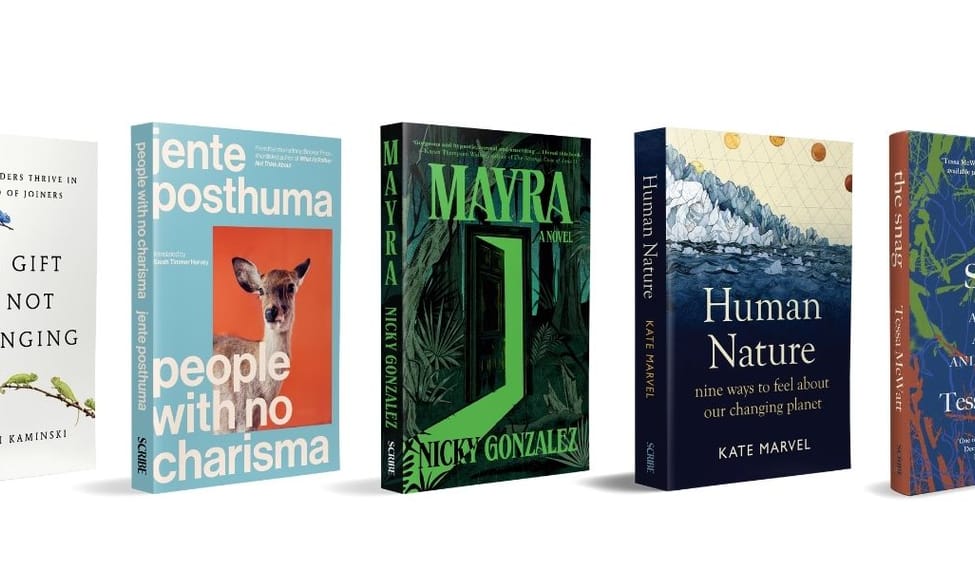
Related Books
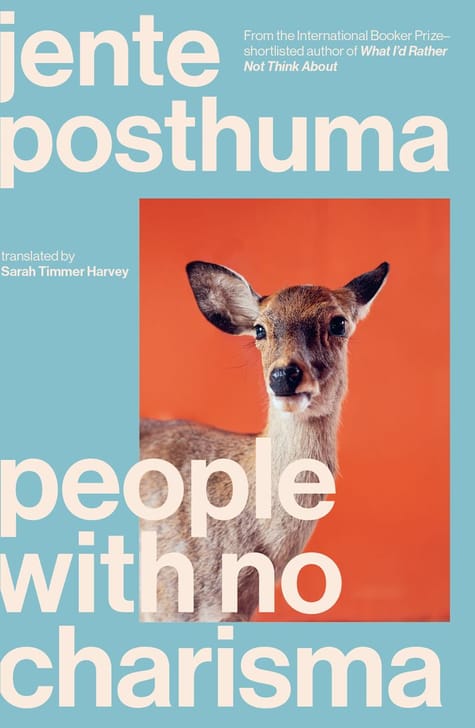
People with No Charisma
From the International Booker Prize– shortlisted author of What I’d Rather Not Think About comes a darkly humorous novel about multigenerational family dynamics and individuality in Dutch suburbia.
An unnamed narrator grows up overshadowed by her unconventional mother, an ex–Jehovah’s Witness and former television star with an inferiority complex. Her father is the head of a psychiatric institution, whose only form of parenting is to offer his daughter the same life advice he dispenses to his patients. Reserved and somewhat aloof, he chooses not to intervene when his wife obsesses about charisma, calorie counting, and turning their daughter into a child prodigy.
Their daughter strives to meet her mother’s expectations and bond with her father while secretly worrying she lacks the drive or charisma to do anything significant with her life. When her mother is diagnosed with terminal cancer, she begins to address their generational trauma, forge a new relationship with her father, and discover life on her terms. In twelve chapters — each reflecting a different phase of life — Posthuma expertly dissects a fraught family history, exposing the absurdity that often lies at the heart of life’s most poignant and challenging moments.
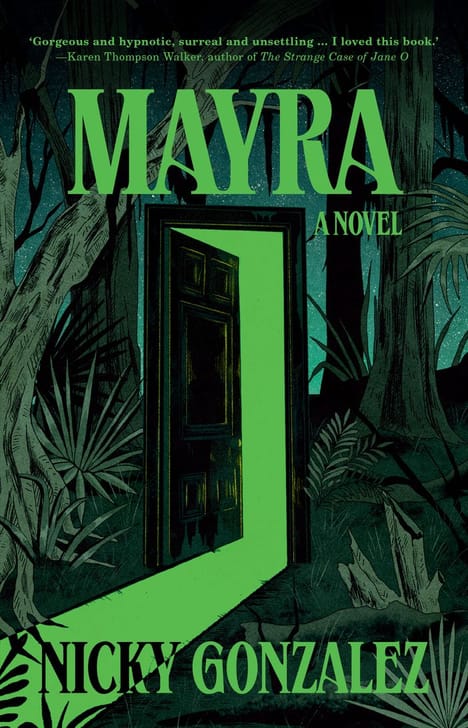
Mayra
A haunting exploration of female friendship, desire, and memory set against the sultry backdrop of Florida’s swamplands.
It’s been years since Ingrid has heard from her childhood best friend, Mayra, a fearless rebel who fled their hometown of Hialeah, a Cuban neighbourhood just west of Miami, for college in the Northeast. But when Mayra calls out of the blue to invite Ingrid to a weekend getaway at a house in the Everglades, she impulsively accepts.
From the moment Ingrid sets out for the house, danger looms: the directions are difficult, she’s out of reach of cell service, and as she drives deeper into the Everglades, the wet maw of the swamp threatens to swallow her whole. But once Ingrid arrives, Mayra is, in many ways, just as she remembers — with her sharp tongue and effortless, seductive beauty, still thumbing her nose at the world.
Before they can fully settle into the familiar intimacy of each other’s company, their reunion is spoiled by the reemergence of past disagreements and the unexpected presence of Mayra’s new boyfriend, Benji. The trio spend their hours eating lavish meals and exploring the labyrinthine house, which holds as much mystery and danger as the swamp itself. Indoors and on the grounds, time itself seems to expand, and Ingrid begins to lose a sense of the outside world, and herself.
Against this disquieting setting, where lizards dart in and out of porches and alligators peek up from dark waters, Gonzalez weaves a propulsive, unforgettable story about the dizzying power of early friendship and the lengths we’ll go to earn love and acceptance — even at the risk of losing ourselves entirely.
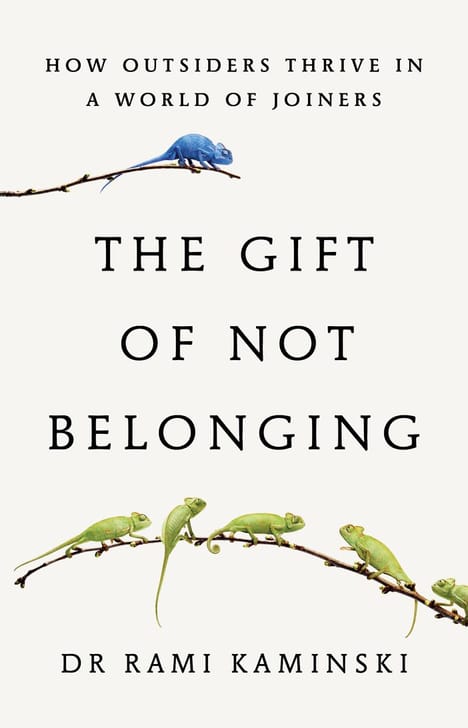
The Gift of Not Belonging
The first book to explore the distinct personality style of the otrovert — someone who lacks the communal impulse and does not fit in with any social group, regardless of its members — and to reveal all the advantages of being an otrovert and how otroverts contribute to the world.
If you were the kid who never wanted to go to summer camp, if you prefer spending time with friends one-on-one than going to parties, if you would rather forgo your vacation than travel with a tour group, and if you often engage in acts of silent rebellion against group norms and traditions, you are very likely an otrovert.
Dr Kaminski has been studying this personality style for over 30 years. He explains that, while otroverts enjoy deep and fulfilling one-on-one relationships, within groups they feel alienated, uncomfortable, and alone. Unlike introverts, who crave solitude and are easily drained by social interactions, otroverts can be quite gregarious and rarely tire from one-on-one socialising. And unlike loners, or people who have been marginalised based on their identity, otroverts are socially embraced and often popular — yet are unable to conform with what the group collectively thinks or cares about.
And therein lie the great gifts of being an otrovert. When you have no affinity for any particular group, your sense of self-worth is not conditioned on the group’s approval. And, best of all, you know no other way to think other than to think for yourself. The Gift of Not Belonging urges otroverts to embrace their unique gifts, and equips them with the knowledge and tools to thrive in a communal world.
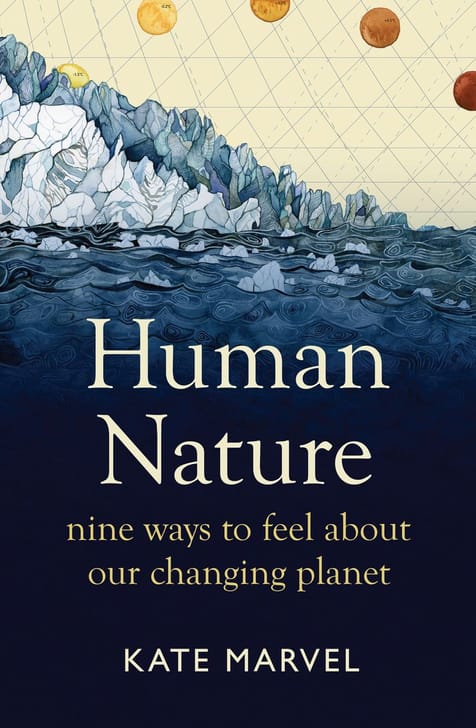
Human Nature
A captivating exploration of climate change that uses nine different emotions to better understand the science, history, and future of our evolving planet.
Scientist Kate Marvel has seen the world end before, sometimes several times a day. In the computer models she uses to study climate change, it’s easy to simulate rising temperatures, catastrophic outcomes, and bleak futures. But climate change isn’t just happening in those models. It’s happening here, to the only good planet in the universe. It’s happening to us. And she has feelings about that.
Human Nature is a deeply felt inquiry into our rapidly changing Earth. In each chapter, Marvel uses a different emotion to explore the science and stories behind climate change. As expected, there is anger, fear, and grief — but also wonder, hope, and love. With her singular voice, Marvel takes us on a soaring journey, one filled with mythology, physics, witchcraft, bad movies, volcanoes, Roman emperors, sequoia groves, and the many small miracles of nature we usually take for granted.
Hopeful, heartbreaking, and surprisingly funny, Human Nature is a vital, wondrous exploration of how it feels to live in a changing world.
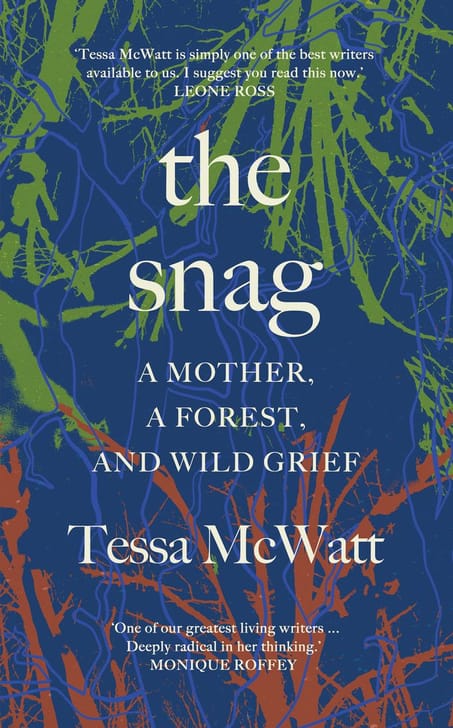
The Snag
Every day, we hear about and experience griefs, large and small, in our families, friendships, communities, and worldwide. The grief of a loved one passing. The grief of a way of life ceasing to exist. The grief of global pandemic, war, climate collapse. In The Snag, the acclaimed author of Shame on Me, Tessa McWatt, takes on personal and collective grief, and climate change, in her much-anticipated second nonfiction book.
As her mother’s dementia advances and it becomes apparent that she can no longer live independently, Tessa considers griefs personal and political, and finds solace in trees. She asks: How do we grieve? And: What can we learn from nature and those whose communities are rooted in nature about how to grieve — and how to live?
From the newest seedling, to the oldest snag in the forest, there is meaning to be found in every stage of a tree’s life, all of which contribute to a thriving forest community; it is in this metaphor that Tessa begins to find answers to her questions about how to live (for each other), how to grieve (radically), and how to die (with love and connection).
The Snag is an essential book about living and dancing and singing and praying, even in the face of unimaginable sadness, and in this way, growing together and supporting one another, like the trees in the forest.
